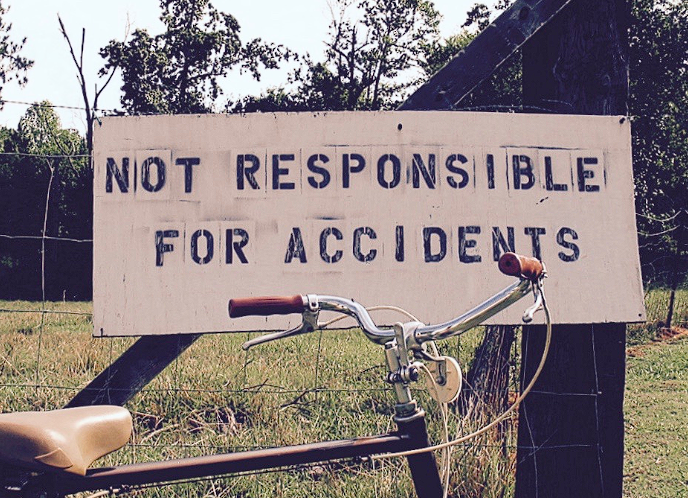Marilynne Robinson recently published an article (“What are we doing here?“) on humanities and their role in university education. She argues that humanities help individuals be capable citizens. She speaks about Toqueville and the beauty of knowledge, about a cab driver and the world he learned from reading a book. She cautions against an education that narrowly focusses on producing workers who happily, unquestioningly tug along to make the great competitive economic machine turn.
As I read the article, I thought about the discourse on economics, business, growth that fuels political speech. See a politician, and they happily talk about their plans for getting things moving, economically speaking, at a faster, richer pace. I experienced such talk on a daily basis when I lived in France a few years ago. The key word was “la croissance”, growth. The French president at the time staked his reelection on growth. He failed to deliver, and never put his name forward for a second shot at being le président. Ironically, it is his Minister of the Economy, the man responsible for delivering la croissance (yet failed to do so), who ended up with the top job.
The emphasis on growth had bugged me back then, as I explain here, and it bugs me now. Sure, everyone needs money to pay the bills. Yet, this reason is not sufficient for a single-minded focus on the bottom line. The reason is that there are human consequences from building a culture that focusses on economic growth to the exclusion of all else.
Two recent stories in the New Yorker illustrate this point. In “Empire of Pain“, Patrick Radden Keefe chronicles the rise of the Sackler family fortune. The Sackler family founded the company now known as Purdue Pharma, which has sold OxyContin since 1995. OxyContin is an opioid held responsible for the widespread opioid addiction that is spreading across the US. Radden Keefe reports that 200,000 Americons have died from OxyContin overdoses since 1999. In a culture where the only goal is economic growth, this goal can be seen as justifiying the means, even if the means involve selling a highly addictive opioid and using intense lobbying and legal protection to stave off any responsibility for the opioid addiction. Purdue plans to market OxyContin internationally.
In “Exploitation and Abuse at the Chicken Plant“, Michael Grabell looks into the workings of Case Farm, a firm that processes chicken. Its operations rely on an unsuspecting army of vulnerable immigrants who lack legal status in the US. Case Farm is eager to hire such individuals, and slow to protect them. Many of its workers end up with severe physical harm (e.g., losing limbs) in gruelling working conditions. Case Farm is in no hurry to improve the (un)safety of its working conditions nor to see the US immigration system change. It financially benefits from its access to undocumented individuals who need every cent they can scrap by and finds ever new ways to recruit them. In a culture that prizes economic growth, the human cost of profit falls off the radar; consumers trained to focus on prize, or lacking the option to pay more for their chicken, do not ask questions about the human cost of getting chicken packaged and ready for sale. Case Farm fights tooth and nail against fines for unsafe working conditions that cause injuries to its workers.
These two stories illustrate the deleterious human consequences of a stubborn single-minded focus on growth. The value of humanities is to make such consequences feel close to home. This is what good literature does: it transports you into another life, and you empathize with others human beings. You feel like their story is happening to you, and this makes you go through their good, bad and ugly as if it were yours. This is one of the many facets of literature that I appreciate.
I think Marilynne Robinson’s point about the value of humanities in education can be extended to argue that there is a role for humanities within the curriculum of business schools. Have students read their Richard Russo (“Empire Falls”), Gabrielle Roy (“Bonheur d’Occasion”), Tom Wolfe (“Bonfire of Vanities”), and Alice Munro (“Runaway”), to cite but a few, and make them discover the other side of the profit equation.
Your thoughts?
Photo by Jason Parrish








